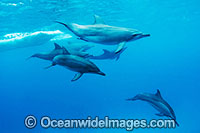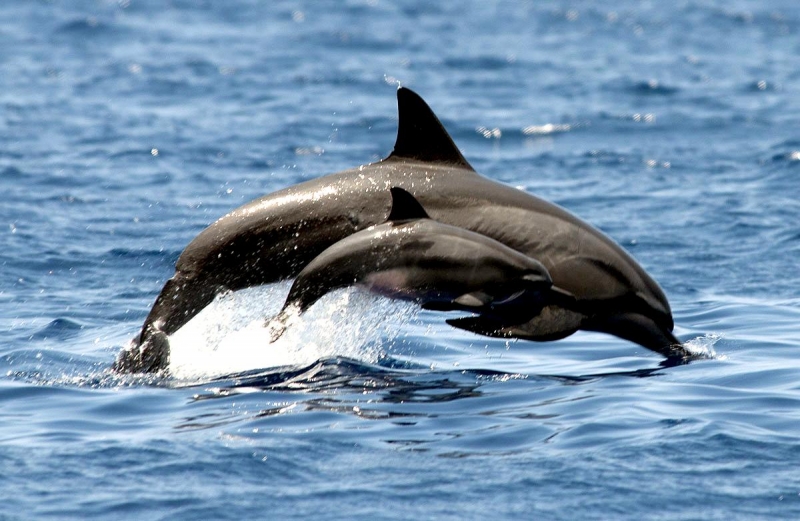

In some parts of the world, this close association led to the fishing practice of encircling a dolphin school to capture the tuna concentrated below. Some species of tuna are known to aggregate beneath schools of certain dolphin stocks. Any act of pursuit, torment, or annoyance that has the potential to disrupt a marine mammal's behavior is 'harassment. Swimming with resting spinner dolphins may constitute 'harassment' under the Marine Mammal Protection Act.
#SPINNER DOLPHIN VERIFICATION#
Learn more about ocean noise Dolphin-Safe/Tuna Tracking and Verification Programĭolphins, like other marine mammals, may become bycatch in fisheries. When their rest is interrupted, especially if it happens many times in a day, it can affect their health and well-being. In 2018, we revised marine mammal acoustic technical guidance for assessing the effects of human-caused sound on marine mammal hearing. NOAA Fisheries is investigating all aspects of acoustic communication and hearing in marine animals, as well as the effects of sound on dolphin behavior and hearing. Increasing evidence suggests that exposure to intense underwater sound in some settings may cause some dolphins to strand and ultimately die.

Underwater noise threatens dolphin populations, interrupting their normal behavior and driving them away from areas important to their survival.

Get an overview of marine mammal UMEs Addressing Ocean Noise Under the Marine Mammal Protection Act, an unusual mortality event is defined as "a stranding that is unexpected involves a significant die-off of any marine mammal population and demands immediate response." To understand the health of marine mammal populations, scientists study unusual mortality events. Learn more about the Marine Mammal Health and Stranding Response Program Marine Mammal Unusual Mortality EventsĬlymene dolphins have been part of a declared unusual mortality event in the past. Some strandings can serve as indicators of ocean health, giving insight into larger environmental issues that may also have implications for human health and welfare. Although the cause often remains unknown, scientists can sometimes attribute strandings to disease, harmful algal blooms, vessel strikes, fishing gear entanglements, pollution exposure, and underwater noise. They are very social with each other and other marine species. Their latin name is Stenella longirostris or long beak. When stranded animals are found dead, our scientists work to understand and investigate the cause of death. Spinner dolphins are marine mammals and are one of the smaller dolphins. When stranded animals are found alive, NOAA Fisheries and our partners assess the animal’s health and determine the best course of action. We work with volunteer networks in all coastal states to respond to marine mammal strandings including all dolphins and porpoises. Overseeing Marine Mammal Health and Stranding Response


 0 kommentar(er)
0 kommentar(er)
